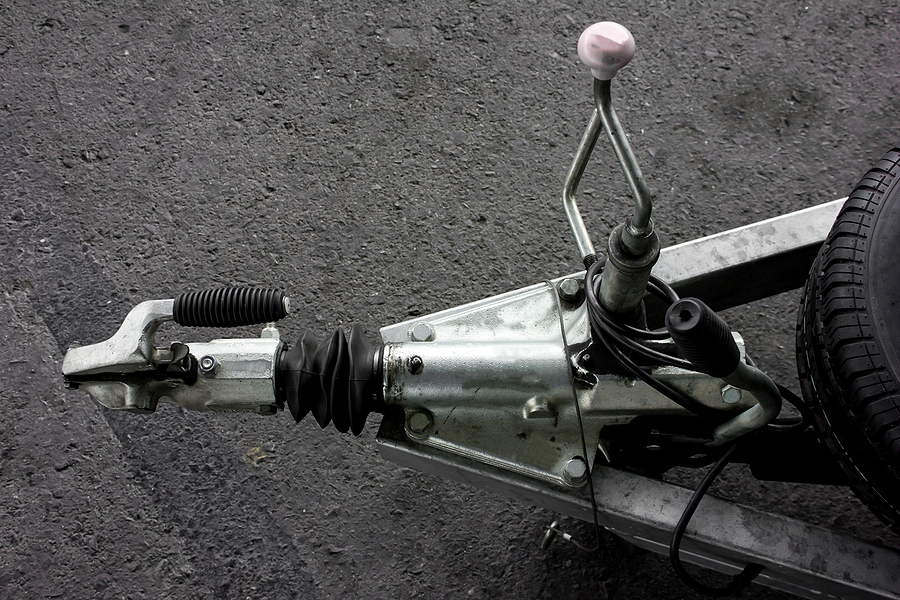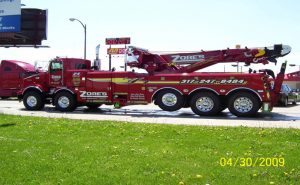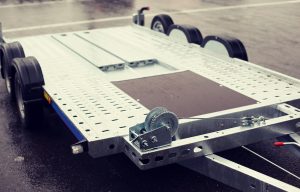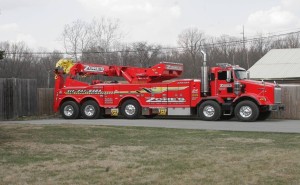Are you planning to tow a trailer? Whether it’s for recreational use or to haul goods, there are certain items that you need in order to safely and securely tow your trailer. From the right hitch equipment to the proper lighting, here are 10 essential items you need in order to tow a trailer safely.
By investing in these ten essential items, you can ensure safe and secure travel when hauling your cargo. Read on for more information about what they are and why they’re important!
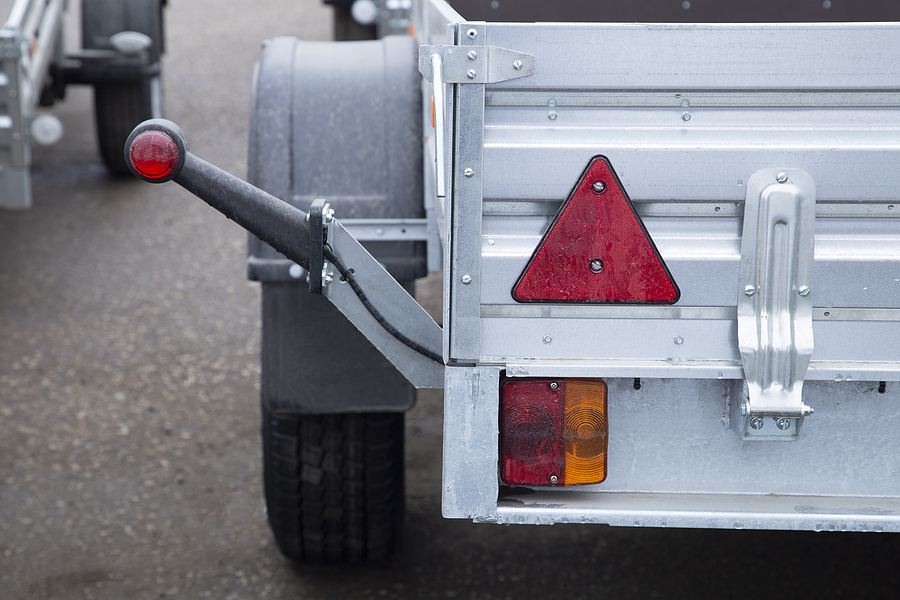
What You Need to Tow a Trailer Safely
1. The Right Hitch: The right hitch is essential for safe trailer towing. Choose a ball mount that’s compatible with your vehicle’s frame and can support the weight of the trailer and whatever you’ll be hauling. You might also need a trailer hitch adapter.
2. Safety Chains: Safety chains are an important item when it comes to towing safety. They provide a backup connection between your vehicle and the trailer. This helps in case something like a lost pin or broken coupler occurs while on the road.
3. Brake Controller: If you’re planning to tow a heavier load above 3,000 pounds, you’ll need an electronic brake controller installed in the vehicle. Trailer brake controllers will activate and control your brakes when slowing down or stopping. This is essential for maintaining safe control of your trailer.
4. Trailer Lights: Make sure you have the proper lights attached to your trailer before setting out on any journey. The law requires that you have brake lights, turn signals, and running lights when towing a trailer. So, make sure everything is connected properly prior to departure.
5. Hitch Lock: A hitch lock will not only deter potential thieves from stealing your gear, but it will also keep your trailer securely connected to your vehicle during transport.
5 More Items for Trailer Towing
6. Towing Mirrors: When hauling a trailer, the view in the rear view mirror may be blocked due to its size and length. Installing larger tow mirrors can help increase visibility while driving. This makes towing a safe and enjoyable experience.
7. Extra Fluid: Be sure to top up all the essential fluids in your vehicle prior to setting out on any long journeys. They may be needed when towing a heavier load. This includes checking engine oil, coolant, brake fluid and power steering fluid levels.
8. Tire Pressure Monitor System (TPMS): A tire pressure monitoring system is an important item for keeping track of your trailer’s tire pressure while you drive. It also helps detect potential problems with the tires before they occur. Problems include low or overinflated tires which can lead to dangerous situations on the road.
9. Jack Stands: When loading or unloading cargo from the trailer, jack stands will help to ensure that your trailer is securely supported and not at risk of tipping over.
10. Fire Extinguisher: Make sure you have a fire extinguisher in the vehicle in case anything goes wrong during transport. This could include an electrical fault or fuel spill whilst on the road. Having an extinguisher nearby can be invaluable if a fire were to break out.
In Summary
By investing in these 10 essential items, you’ll be ensuring safe and secure travel when hauling your cargo. Remember to check each item carefully before you hit the road, as well as periodically checking for wear and tear throughout the life of your equipment.
How To Prepare Your Trailer and Hitch Before Hitting the Road
One of the most crucial aspects of safe towing is ensuring that your hitch is properly secured–otherwise, it could lead to disaster on the highway. Additionally, take the time to inspect your trailer for any signs of damage or wear and tear, as well as ensure that your weight distribution and sway control systems are in good working order. By taking these steps, you can enjoy peace of mind and a smoother ride on your next trailer excursion–whether it’s a quick weekend getaway or a cross-country road trip.
Looking for a professional towing service near you? Contact Zore’s Towing at 317-247-8484 for a wide range of towing services in Indianapolis and surrounding counties. We offer everything from light-duty and long distance towing to heavy equipment transportation, wrecker service, and more. We transport all throughout Indiana and across state lines.
Related Posts:
Can My Car Tow a Full Size Trailer?
Should I Install a Transmission Cooler to Tow a Trailer With My Car?
Do You Need a Special License to Tow a Trailer?

